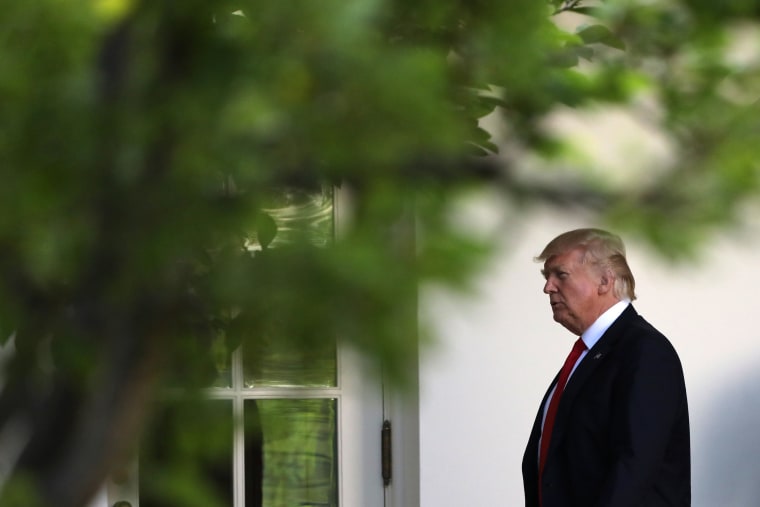Even before he was elected, Donald Trump made no secret of his support for non-disclosure agreements. It was nearly two years ago that the then-candidate stated his belief that White House officials should sign NDAs.
Evidently, he meant it. Trump required confidentiality agreements of his campaign staff, his transition staff, and according to the Washington Post's Ruth Marcus, his White House staff.
This is extraordinary. Every president inveighs against leakers and bemoans the kiss-and-tell books; no president, to my knowledge, has attempted to impose such a pledge. And while White House staffers have various confidentiality obligations -- maintaining the secrecy of classified information or attorney-client privilege, for instance -- the notion of imposing a side agreement, supposedly enforceable even after the president leaves office, is not only oppressive but constitutionally repugnant.Unlike employees of private enterprises such as the Trump Organization or Trump campaign, White House aides have First Amendment rights when it comes to their employer, the federal government. If you have a leaker on your staff, the cure is firing, not suing.
Marcus spoke to attorney Debra Katz, who has represented numerous government whistleblowers and negotiated nondisclosure agreements, who described Trump's NDAs as "crazy," adding, "The idea of having some kind of economic penalty is an outrageous effort to limit and chill speech. Once again, this president believes employees owe him a personal duty of loyalty, when their duty of loyalty is to the institution."
The Post columnist obtained a draft of the agreement, which restricts not only what aides can say during their tenures at the White House, but also "at all times thereafter." The NDA goes so far as to include "works of fiction."
There's a lot to this, but three questions come to mind.
First, are these NDAs enforceable? The ACLU believes the answer is no. Ben Wizner, director of the American Civil Liberties Union's Speech, Privacy, and Technology Project, said in a statement, "Public employees can't be gagged by private agreements. These so-called NDAs are unconstitutional and unenforceable." Whether anyone at the White House will test this assessment is unclear.
Second, what's with Team Trump and its contempt for transparency? We're not just talking about tax returns and visitor logs anymore. The scope of the secrecy surrounding this presidency is stunning.
And third, Marcus concluded with a key question about how Trump oversees his operation: "Why is he so consistently frantic to ensure that no one knows what goes on behind closed doors?" Under the circumstances, it's hard not to wonder what it is, exactly, that the president is worried about being exposed.
